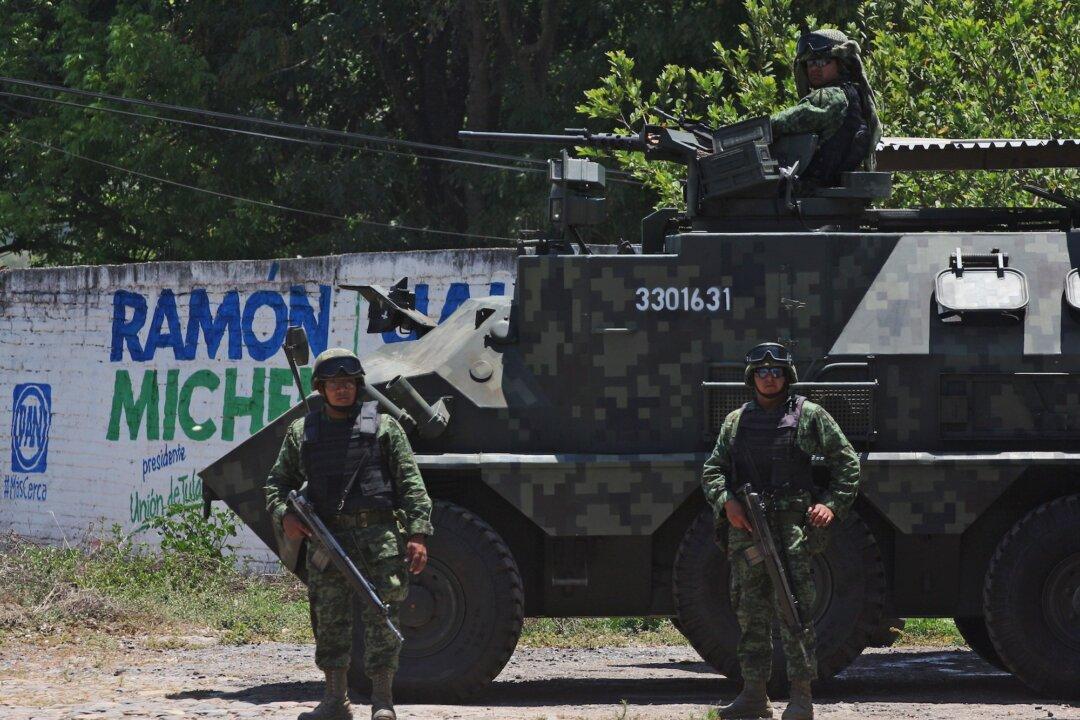Designating Mexican drug cartels as terrorist organizations in a bid to solve the narcotics trafficking crisis at the southern border might be counterproductive, according to Max Abrahms, a foreign policy expert specialized in counterterrorism.
“The truth is, counterterrorism is often ineffective and can even be counterproductive,” Mr. Abrahms, who teaches political science at Northeastern University in Boston, said in an interview on EpochTV’s “Crossroads.”






